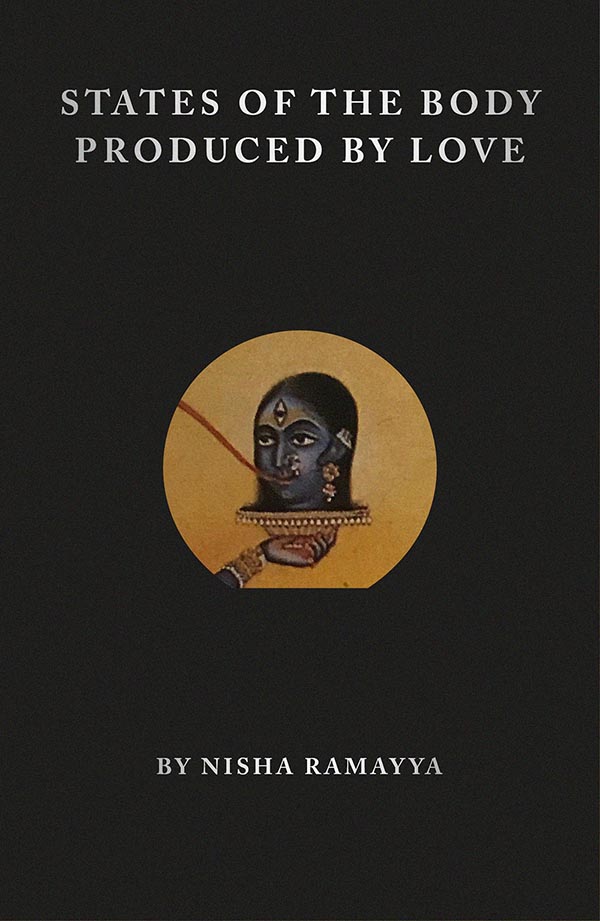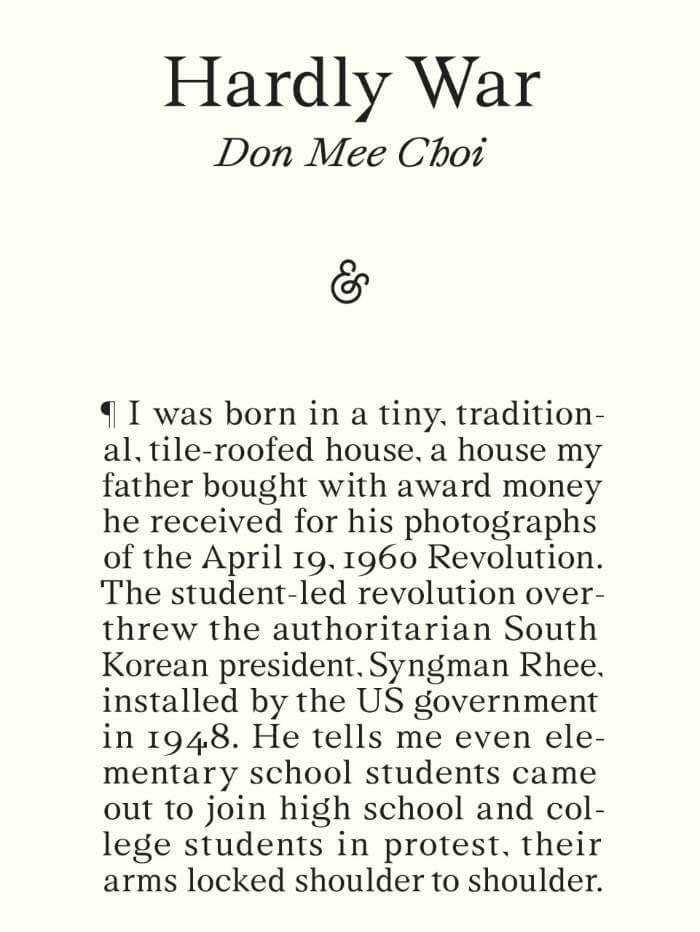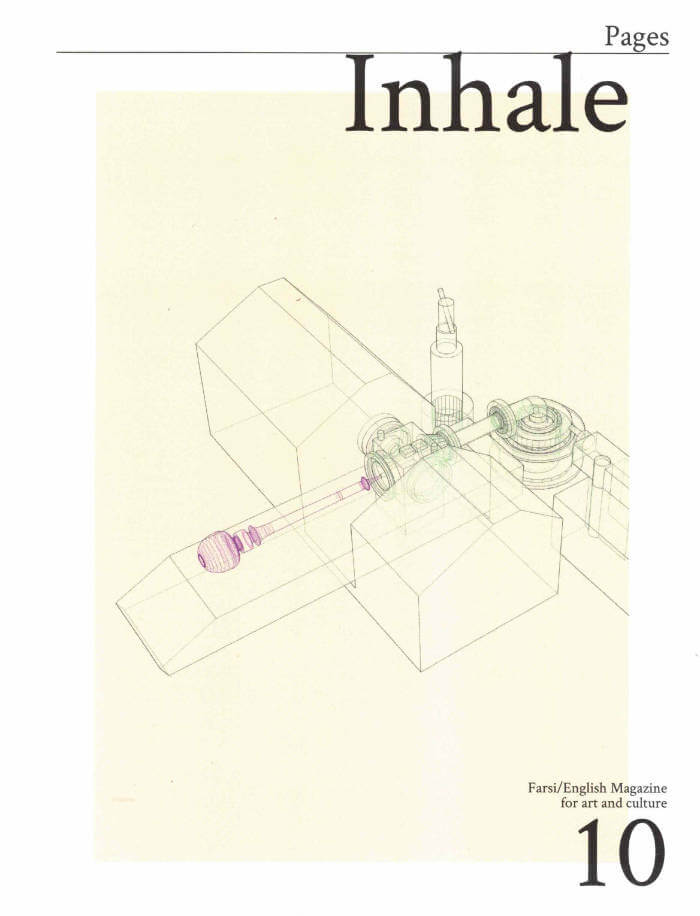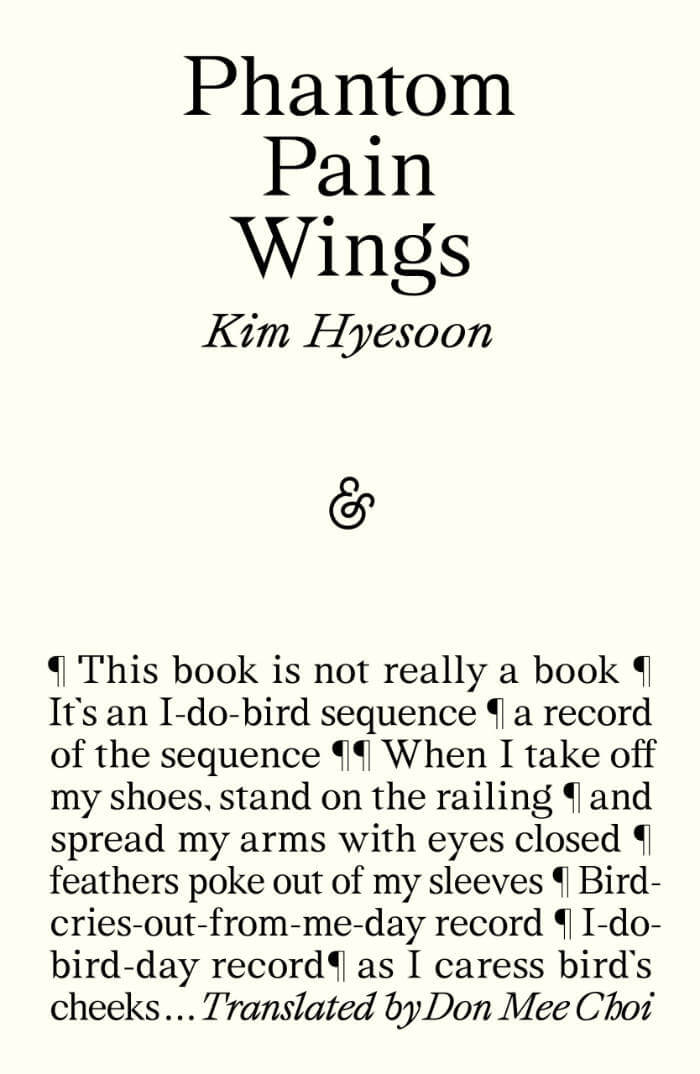
States of the Body Produced by Love
States of the Body Produced by Love is a modern mystical journey through love – a many-headed snake twisting through devotion, sacrifice and the dream of returning home.
In her visionary debut, Nisha Ramayya conjures an opalescent world by way of Tantric ritual and myth. Thousand-petalled lotuses bloom inside skulls, goddesses with dirty feet charm honeybees, strains of jazz standards bleed into anti-national anthems. States of the Body Produced By Love weaves essays, poetry and images together to offer fierce meditations on diasporic identity, language and resistance. From grief to bliss, this book explores the many states of the body seized by love in an incantation that never leaves its hold.
Language: English







